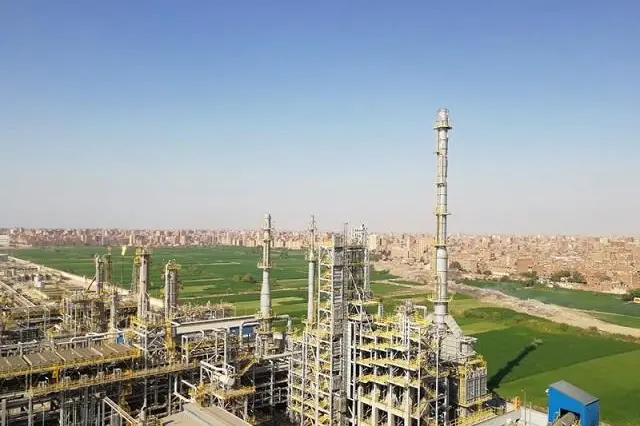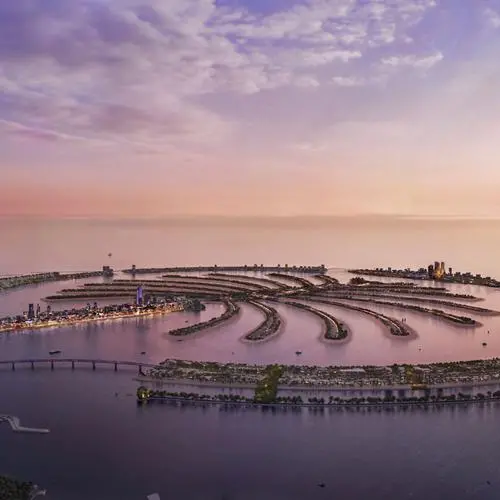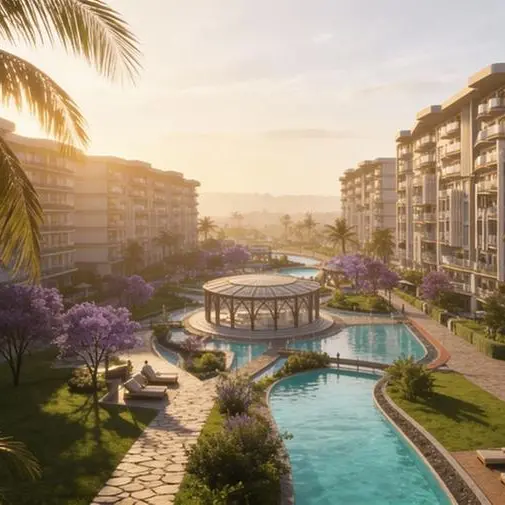PHOTO
Egyptian Refining Company (ERC), a subsidiary of Qalaa Holding Company, is in discussions with lenders for a debt restructuring plan for its $4.3 billion Mostorod refinery project in Qalyubia Governorate.
The 4.7 million tonnes per annum (MTPA) second-stage refinery, which is Egypt’s largest Public-Private Partnership project and the largest private sector-led infrastructure megaproject in Africa, converts low-value fuel oil supplied by EGPC and Cairo Oil Refinery Company (CORC) to refined products and high-quality oil derivatives, including 2.3 MTPA of Euro V diesel.
ERC’s Managing Director Mohamed Saad told Zawya Projects that the company is in talks with lenders to restructure a $2.350 billion loan for the refinery and extend the debt repayment period by seven years to 2034.
“We are negotiating the various export credit agencies and development financial institutions, which provided debt financing for the project to reschedule the payment till 2034,” he said, noting that the repayment was originally scheduled for 2027.
ERC had reached a debt-deferral agreement with its senior lenders on 30 April 2020 as part of a broader effort by Qalaa Holding to restructure debt and reduce interest expenses of its businesses in the wake of COVID-19 pandemic, according to its 2019 Annual Report.
ERC’s debt financing, Saad said, was provided by Japan Bank for International Cooperation (JBIC), Export-Import Bank of Korea (KEXIM), Nippon Export and Investment Insurance (NEXI), European Investment Bank (EIB), African Development Bank (AfDB) and Mitsui & Co.
He said the project’s $1.5 billion equity component was provided by Egyptian General Petroleum Corporation (EGPC), Qatar Petroleum, Qalaa Holdings, InfraMed Fund, International Finance Corporation (IFC), Dutch development bank FMO, and German development finance institution DEG.
Aliaa Heikal, ERC’s Deputy Chief Financial Officer said the total value of the loans amounted to about $2.350 billion from the main banks, and $530 million from secondary banks.
She said two installments are paid annually during the months of June and December, amounting to $250 million, for each facility, adding ERC couldn’t pay the installments for 2020 and the first installment for 2021 due to the pandemic.
Qalaa Holdings’ 2019 Annual Report said ERC was most impacted by the pandemic as recessionary fears and volatility in oil markets in the early months of 2020 pushed oil prices to record lows and narrowed spreads between HFO and diesel prices leading to a significant decline in Gross Refining Margin.
The Deputy CFO said the company is committed to making the interest payments, which amounts to about $100 million annually, to the lenders.
She added that ERC will make $28 million of investments during 2022.
“We will invest in new projects including the establishment of two nitrogen units and gas turbines, in addition to the expansion of production capacity by 15 percent.”
She indicated that the company would finance the investments through its own resources.
Saad said the feasibility study for ERC’s 2022 projects had cost $2 million. He added that from August 2019 to end-November 2021, the total amount of refined products and by-products produced by ERC stood at 10 million tonnes.
According to a December 2021 investor presentation posted on Qalaa Holding’s website, ERC's gross refining margin has risen to more than $2 million per day but is still short of its pre-COVID-19 levels of over $3 million per day.
(Reporting by Marwa Abo Almajd; Editing by Anoop Menon)
Disclaimer: This article is provided for informational purposes only. The content does not provide tax, legal or investment advice or opinion regarding the suitability, value or profitability of any particular security, portfolio or investment strategy. Read our full disclaimer policy here.
© ZAWYA 2021




















